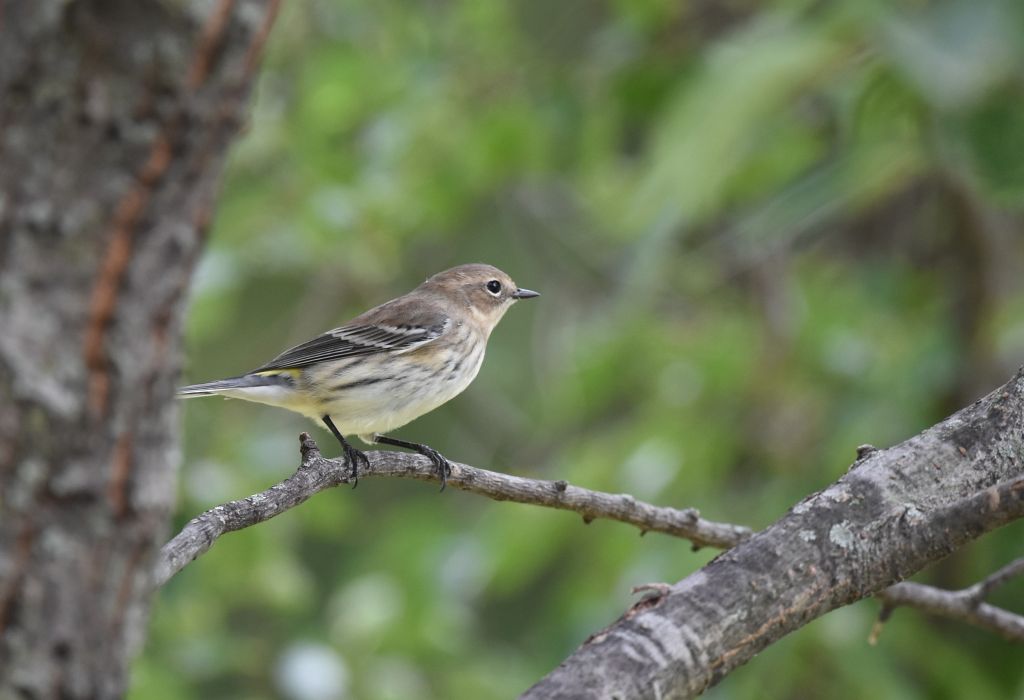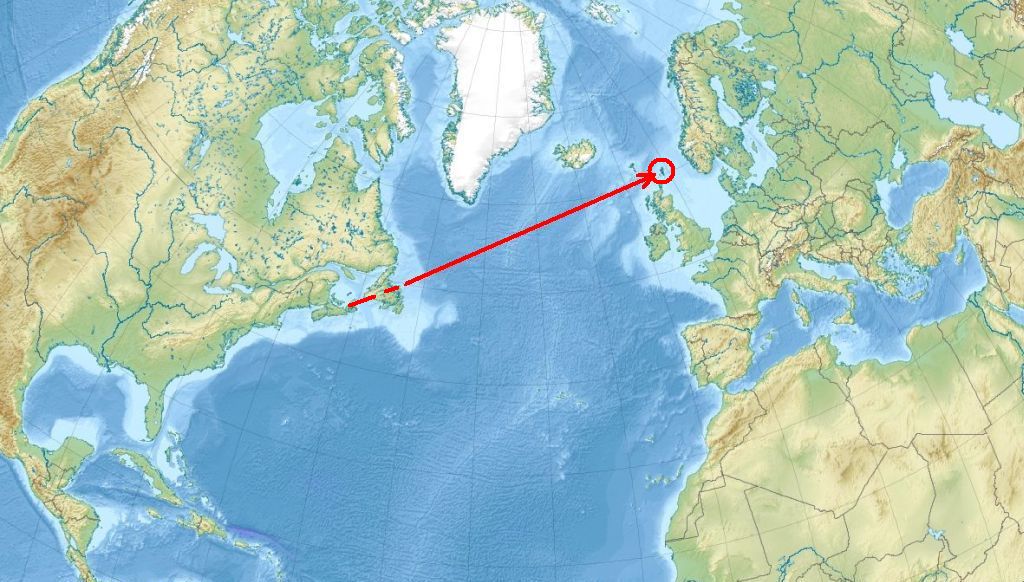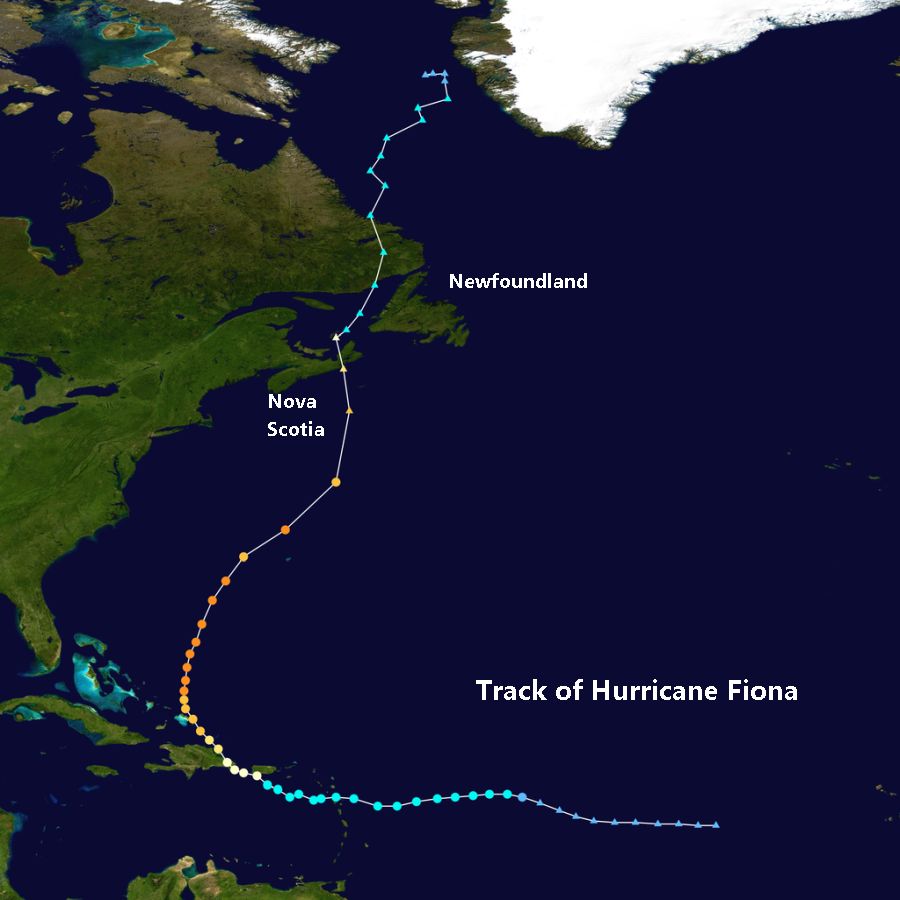
9 October 2022
There was much excitement in British birding this week when two yellow-rumped warblers (Setophaga coronata) and a first-ever least bittern (Ixobrychus exilis) were sighted in the Shetland Islands, the northern tip of Scotland.
Both species are found only in the Americas but all three birds crossed more than 2,200 miles of the North Atlantic non-stop, likely forced offshore from the Canadian Maritimes or Newfoundland to escape Hurricane Fiona, the strongest hurricane ever recorded in Canada.

Fiona made landfall in Nova Scotia on 24 September.
The birds were found more than 10 days later in the Shetlands on 5-7 October. It is hard to imagine their ordeal. The yellow-rumped warblers seem fine but the least bittern was exhausted and underweight and was taken to rehab where it died overnight.
Catch the excitement of seeing birds far from home in these tweets from British birders.
Oh my God!!! I’ve found a MYRTLE WARBLER on #Shetland today. All those days of resisting chasing other people’s birds and trying to find my own really paid off today #Mega pic.twitter.com/euPCYv9mme
— Graham Etherington (@BritishBirder) October 5, 2022
This is absolutely BONKERS! I’ve just found another one!!!!! pic.twitter.com/MkMOO6pY6f
— Graham Etherington (@BritishBirder) October 7, 2022
Bloody Amazing Two Myrtle warblers less than a mile apart! #Shetland #TeamRev pic.twitter.com/2A9HrQiyLm
— Paul Hawkins (@PaulHawky) October 7, 2022
I am impressed that the warblers gravitated to the only trees in the landscape. This is similar to warbler behavior at Magee Marsh in May when they are found in small patches of trees — the only trees among miles of marsh and farmland.
The least bittern was found hunched on the shore, not in good shape. It died that night in rehab.
Quite unbelievable to find this from the car at scousbrough sands. Least Bittern @shetlandbirds @RareBirdAlertUK pic.twitter.com/GGCIoBZtjl
— Stephen D Keightley (@stevedkeightley) October 7, 2022
9 October 2022. There’s more: A first-ever Empidonax flycatcher in Ireland and a Baltimore Oriole in Devon, UK. Unfortunately the Baltimore oriole was eaten by a sparrowhawk (an Accipiter).
15 October 2022: Blackburnian warbler at Isles of Scilly off the coast of Cornwall UK
(photo from Wikimedia Commons; embedded tweets)
